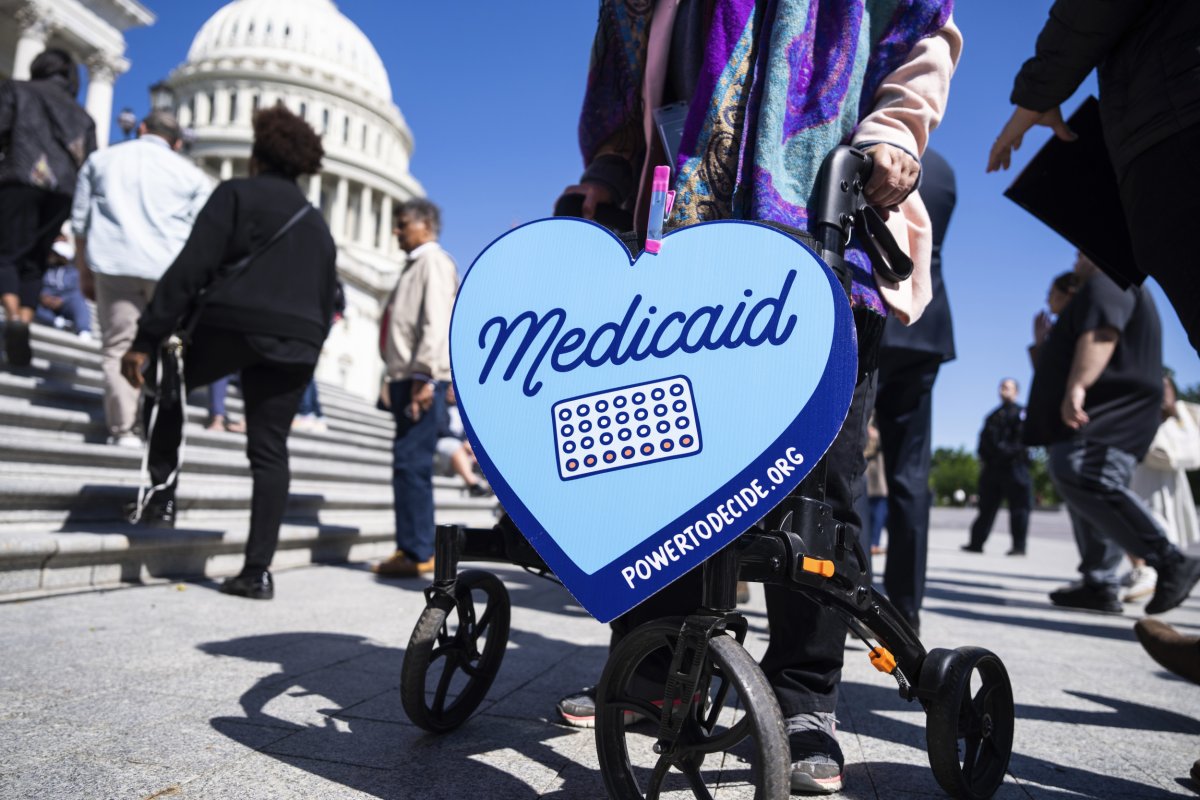
Medicaid work requirements in Indiana have been pushed back due to the requirements of President Donald Trump‘s “One Big Beautiful Bill.”
Earlier this year, the state voted to impose work requirements on July 1, however Trump’s budget bill determined that all adult Medicaid enrollees must complete certain work requirements to receive support from the federal health service by 2027.
Newsweek has contacted the Indiana Family and Social Services Administration (FSSA) via email for comment.
Why It Matters
Around 1.8 million children and adults in Indiana are covered by either Medicaid or the Children’s Health Insurance Program (CHIP), according to a report by the research foundation Commonwealth Fund in 2025.
Work requirements are a highly divisive issue. Some experts have warned they will not only see millions pushed off the program, but also could also place significant administrative burden on recipients, while proponents say the requirements promote workforce participation and reduce government dependency.

Tom Williams/CQ Roll Call via AP
What To Know
On May 1, Indiana Governor Mike Braun signed into law a bill determining that Medicaid recipients in the state must complete 20 hours of work or volunteering a week.
The bill included a number of exemptions, such as when recipients are: medically unfit for employment, participating in a substance use treatment and rehabilitation program, pregnant or are caring for a child under the age of 6.
However, Trump’s “One Big Beautiful Bill,” signed earlier this summer, has directed that all adult Medicaid recipients complete work or volunteering requirements for 80 hours a month by 2027.
As a result, Indiana has now pushed back the implementation date of its work requirement law to January 1, 2027.
The change of date was announced alongside a number of other measures the state is looking to implement for those using the Healthy Indiana Plan, or HIP, a branch of Medicaid, which are still under consideration, according to the Indiana Capital Chronicle.
The state’s FSSA said in its document detailing its proposal “HIP 3.0” that Indiana has some of the highest hospital costs in the nation, making health care “financially burdensome for both patients and providers.”
It also stated that Indiana has one of the worst maternal mortality rates in the country and high rates of cancer-related deaths.
To improve overall health outcomes in the state, the FSSA said that it would leverage Medicaid reimbursement as a “strategic tool,” implementing direct payment to “incentivize hospitals to lower their costs.”
What People Are Saying
Mitch Roob, the secretary of the Family and Social Services Administration said, according to Indiana Capital Chronicle: “We are attempting to revise the benefit package to reinsert personal responsibility and give people carrots as well as sticks. The Big, Beautiful Bill gives them several sticks. Regarding cost-sharing requirements, we’d like to provide them with several carrots.”
What Happens Next
Medicaid recipients in Indiana will now have until 2027 before needing to complete the set work requirements.




